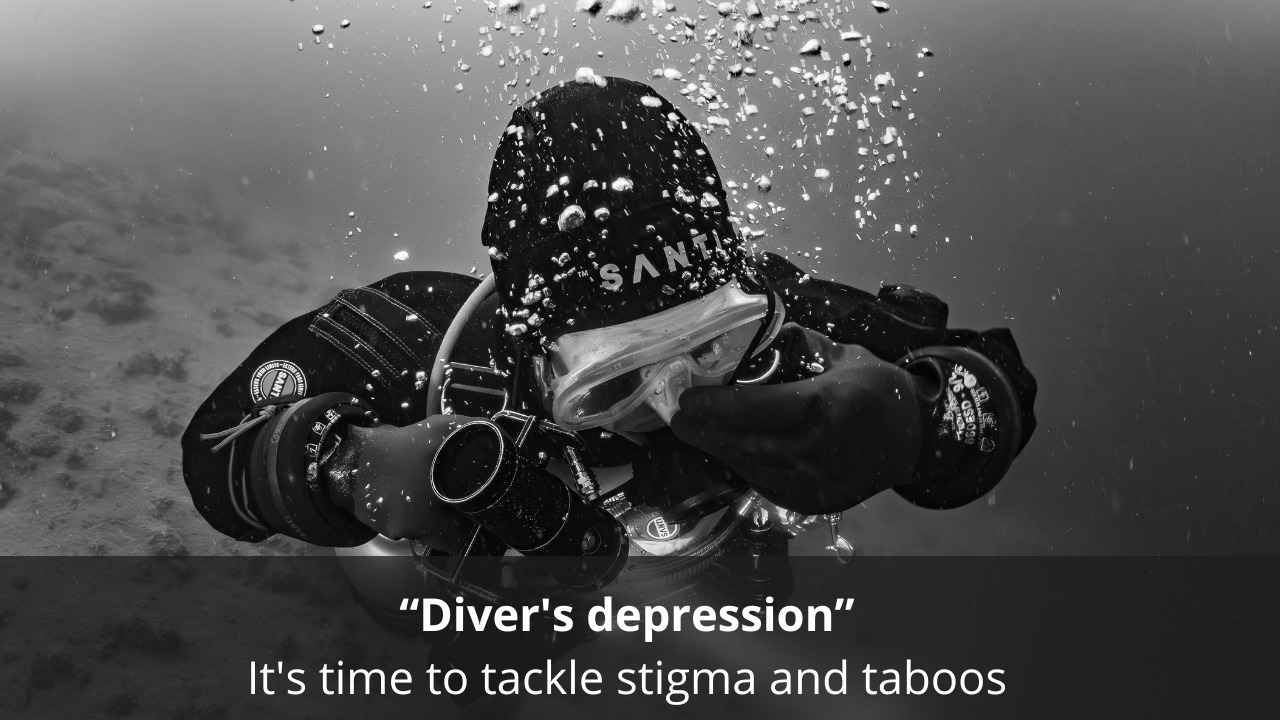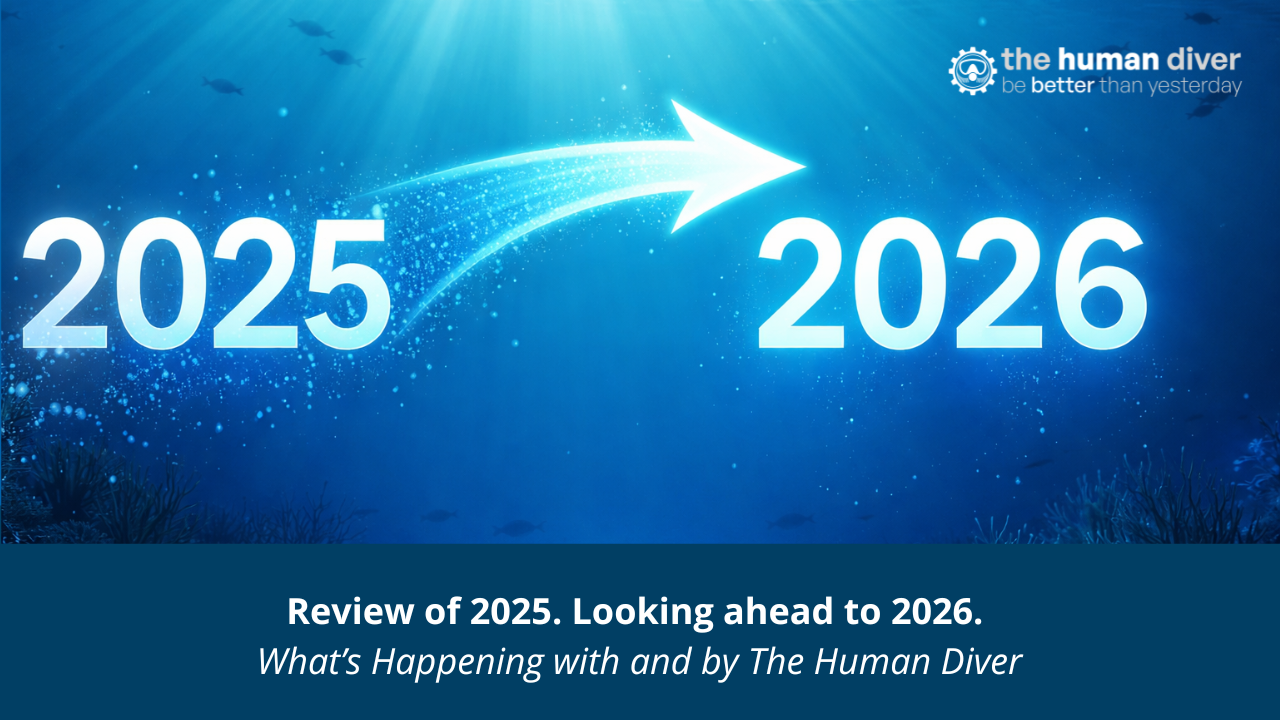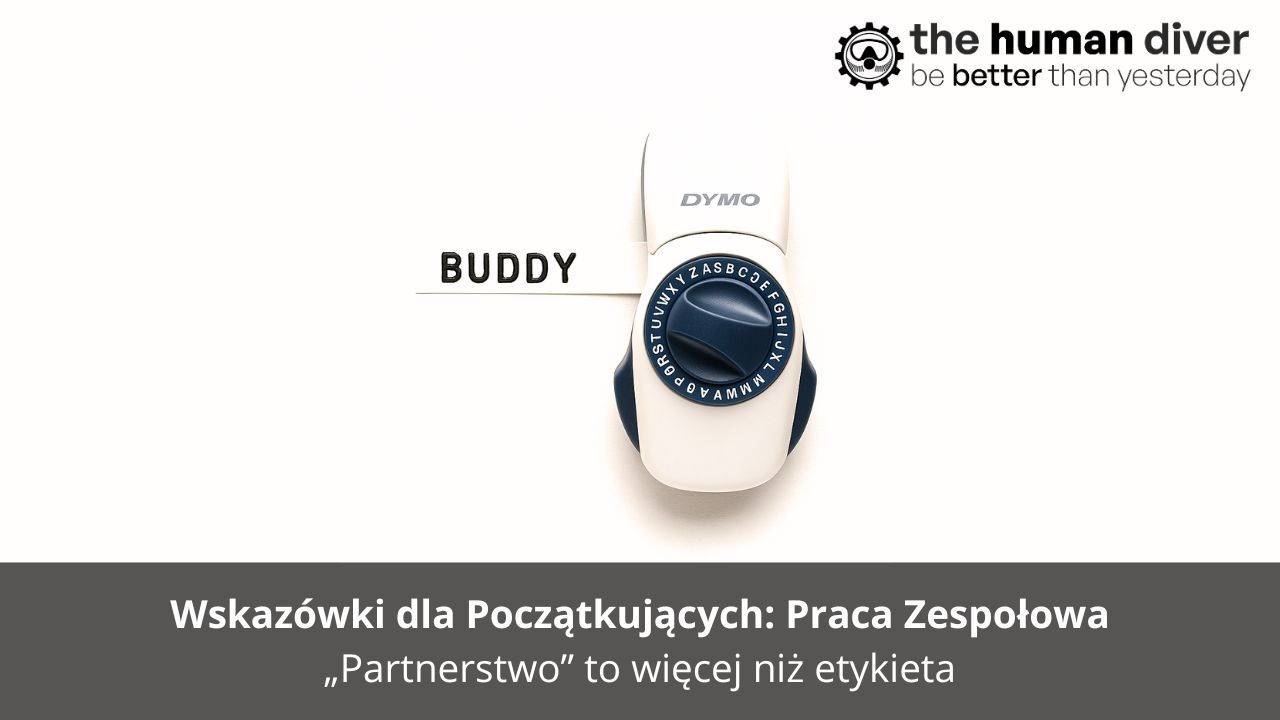
Stress - A challenge we all face
Feb 12, 2025 The holiday season is meant to be a time of joy and relaxation, but for many of us, it brought stress. I know I felt it. When people who don’t usually spend extended time together are suddenly in close quarters, miscommunications can turn into frustrations, leading to negative thoughts and actions. Sometimes, tensions boil over, and words or actions can damage relationships.
The holiday season is meant to be a time of joy and relaxation, but for many of us, it brought stress. I know I felt it. When people who don’t usually spend extended time together are suddenly in close quarters, miscommunications can turn into frustrations, leading to negative thoughts and actions. Sometimes, tensions boil over, and words or actions can damage relationships.
Stress doesn’t just affect our emotions—it impacts our performance, too. Whether on a boat or preparing for a shore or cave dive, our cognitive capacity is limited. When stress takes up mental bandwidth, we may overlook critical information because our minds are preoccupied with the wrong things.
The Space Between Stimulus and Response
"Between stimulus and response there is a space. In that space is our power to choose our response. In our response lies our growth and our freedom." – Viktor Frankl
To make effective decisions in high-stress situations—where reacting too quickly can lead to negative consequences—we must learn to pause and respond, rather than simply react. Responding means thinking through the situation and making a deliberate choice about the next step.
You've possibly heard of this helpful mantra: Stop, Think, Breathe, Act. The first three steps allow us to take a moment before responding, rather than reacting impulsively.
Of course, this is easier said than done in the heat of the moment. But with reflection, coaching, and practice, it becomes second nature. I know from experience that it’s possible.
Stress in Diving: Real-World Examples
Scenario 1: The Instructor’s Dilemma
You're teaching a dive class at 18m/60ft with four students. The day has been rushed due to scheduling and traffic delays, and it's near the end of an intense two-day course. On a nearby platform, a competitor’s instructor is also running a class. Suddenly, one of your students loses control of their buoyancy and shoots to the surface. You instinctively follow, leaving three students alone at depth.
At the surface, stress floods in:
- How do you respond to the student, knowing the rest of your group is still below?
- How do you react when the other instructor criticises you for leaving them unattended?
- How do you handle a social media post that calls out the incident?
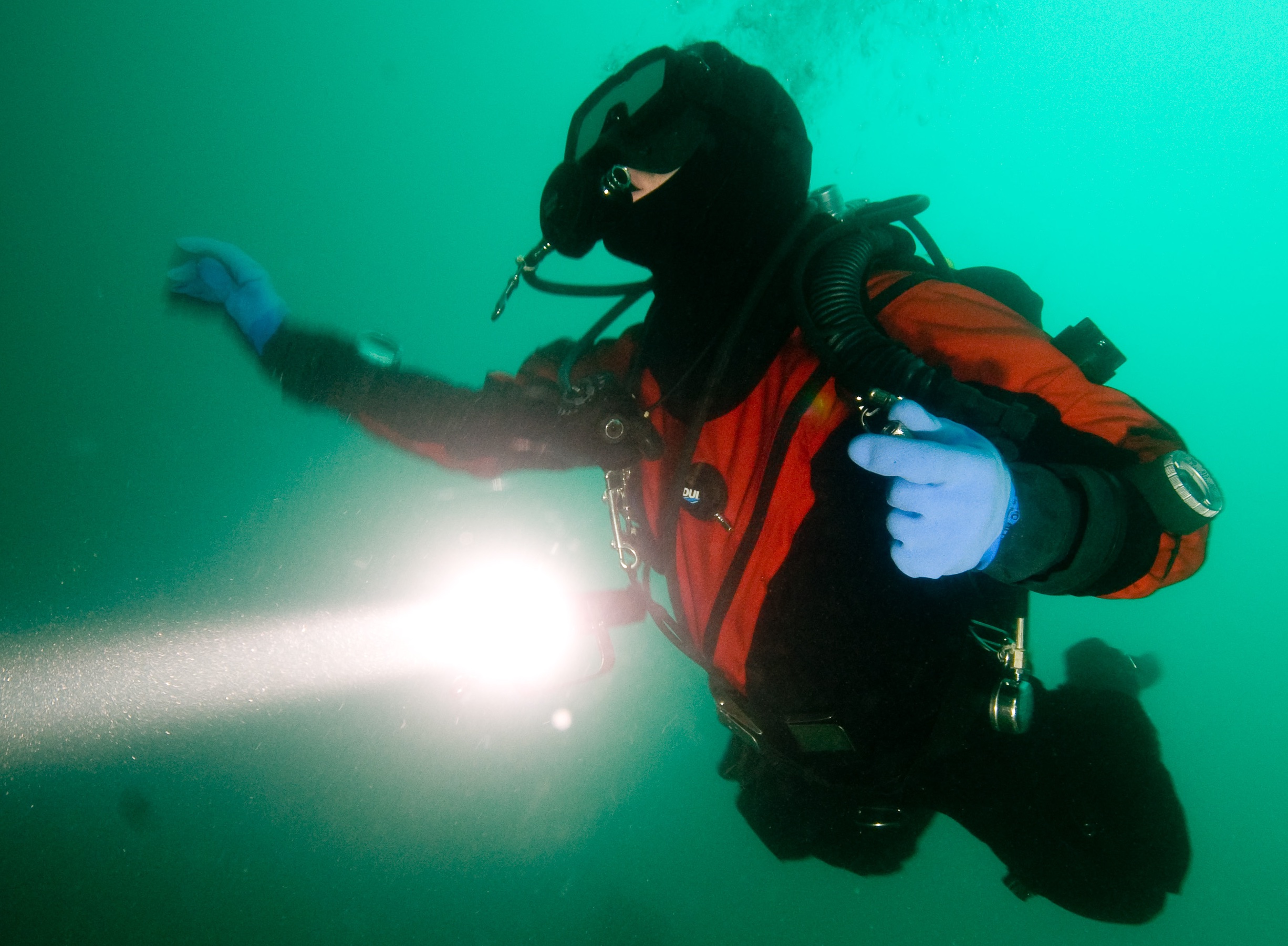
Scenario 2: The Student’s Frustration
You're a student who has traveled across time zones for an important class. On day one, you discover that airport security has damaged your gear, forcing you to buy an expensive replacement. Frustrated, you enter the water for your first skills session, but your mind isn’t focused. Fatigue and stress take a toll, affecting your performance. It’s just training, so the consequences aren’t severe—but what if the same situation occurred on a deep wreck or a cave dive during the trip of a lifetime?

Scenario 3: The Dive Master’s Regret
A few years ago, I was working as a Dive Master when my group became separated underwater. A buddy pair went missing, and per our briefing, they were supposed to surface after a one-minute search. But they didn’t. After some searching, I finally spotted their bubbles, descended to get them, and guided them back.
I was frustrated. Their mistake had cut the dive short for everyone else. My immediate reaction was to angrily ask, “Why didn’t you surface when we got separated?” But in hindsight, I should have taken a different approach—checking that they were okay first and then asking for their perspective to understand their decision-making.
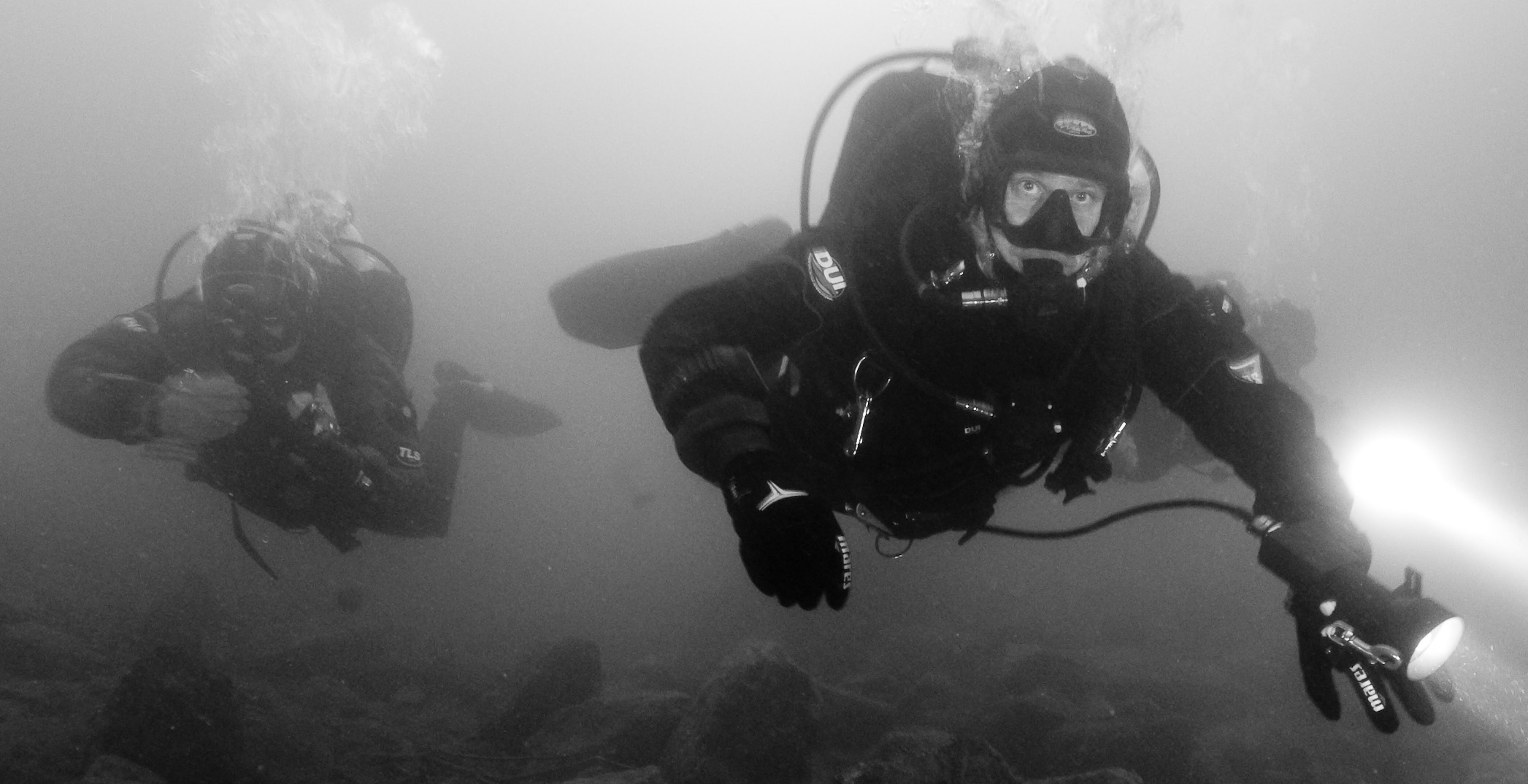
Managing Stress Before and After an Event
Setting Yourself Up for Success
One way to minimise stress is by recognising potential stressors before they become a problem. The acronym HALT can help identify key factors that impair performance:
- Hungry
- Angry
- Lonely
- Tired
If any of these apply to team members, it’s worth adjusting expectations, shifting responsibilities within a team, or modifying the dive plan. This isn’t about stopping people from diving—it’s about managing risks effectively.
Reflecting After the Event
Once an event has occurred, the key question is: Can anything be done now? The past can’t be changed, but we can decide how to move forward. Does anyone involved (including yourself) need support?
Other questions to consider:
- Why did this event stress me out? What triggered my thoughts?
- Am I questioning my own competence or that of others?
- Am I worried about how I appear to others?
- Do others see this as important, or is it just important to me?
- What was the context behind their actions? How did it make sense to them at the time?
Being curious—about your own reactions and those of others—leads to better understanding. Open-ended questions foster learning, while reacting emotionally prevents it.
True learning happens when we examine the conditions leading to an event, rather than just the event itself. By identifying and managing stressors, we can create better conditions for performance, decision-making, and teamwork—both in diving and in life.
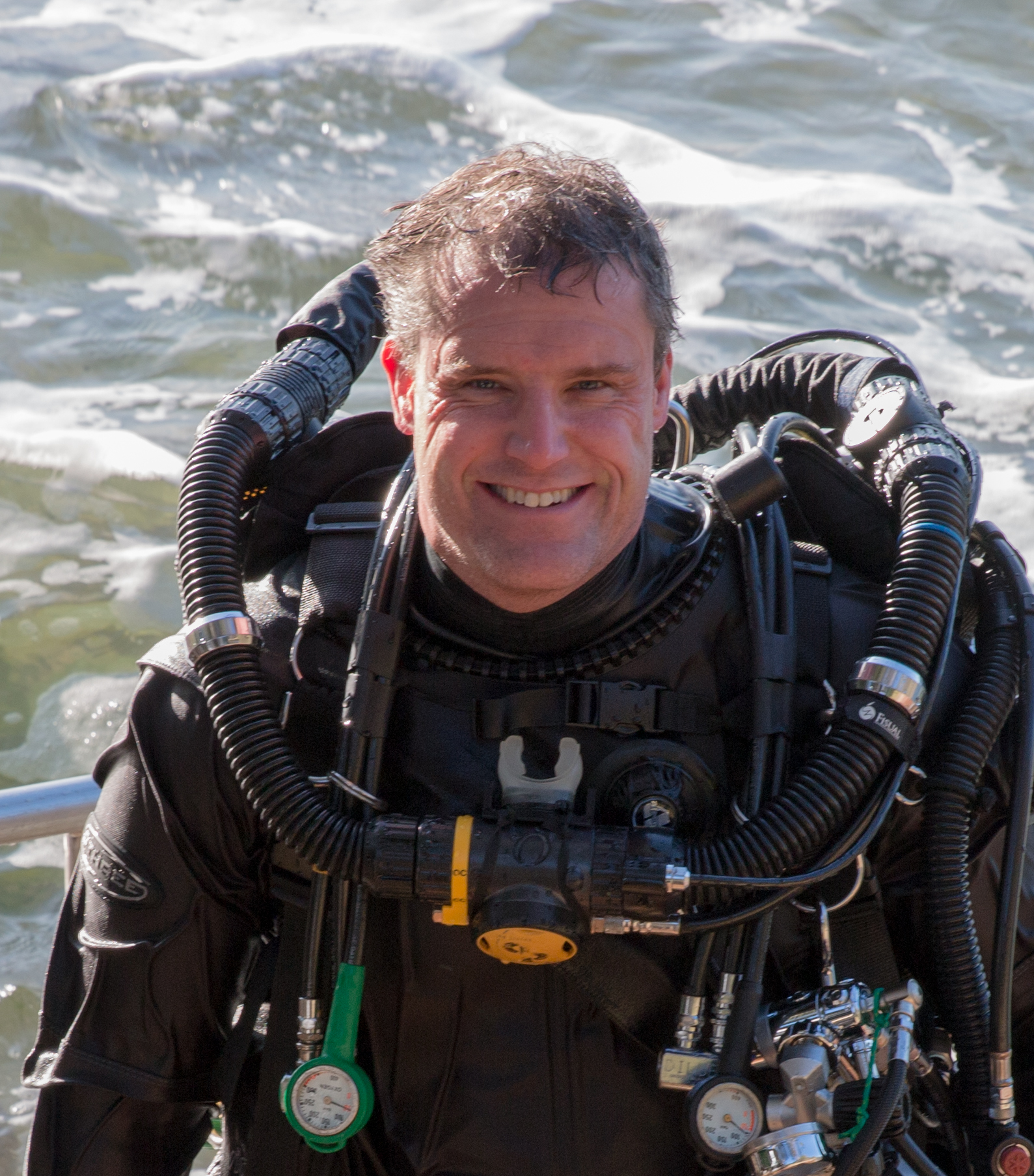
Mike Mason is part of the Human Diver Team, who’s mission is to educate and develop divers, instructors and related teams to be high-performing. If you'd like to deepen your diving experience, consider taking the online introduction course which will change your attitude towards diving and make it better and safer. If you’d like to know more, visit the website.
Want to learn more about this article or have questions? Contact us.

